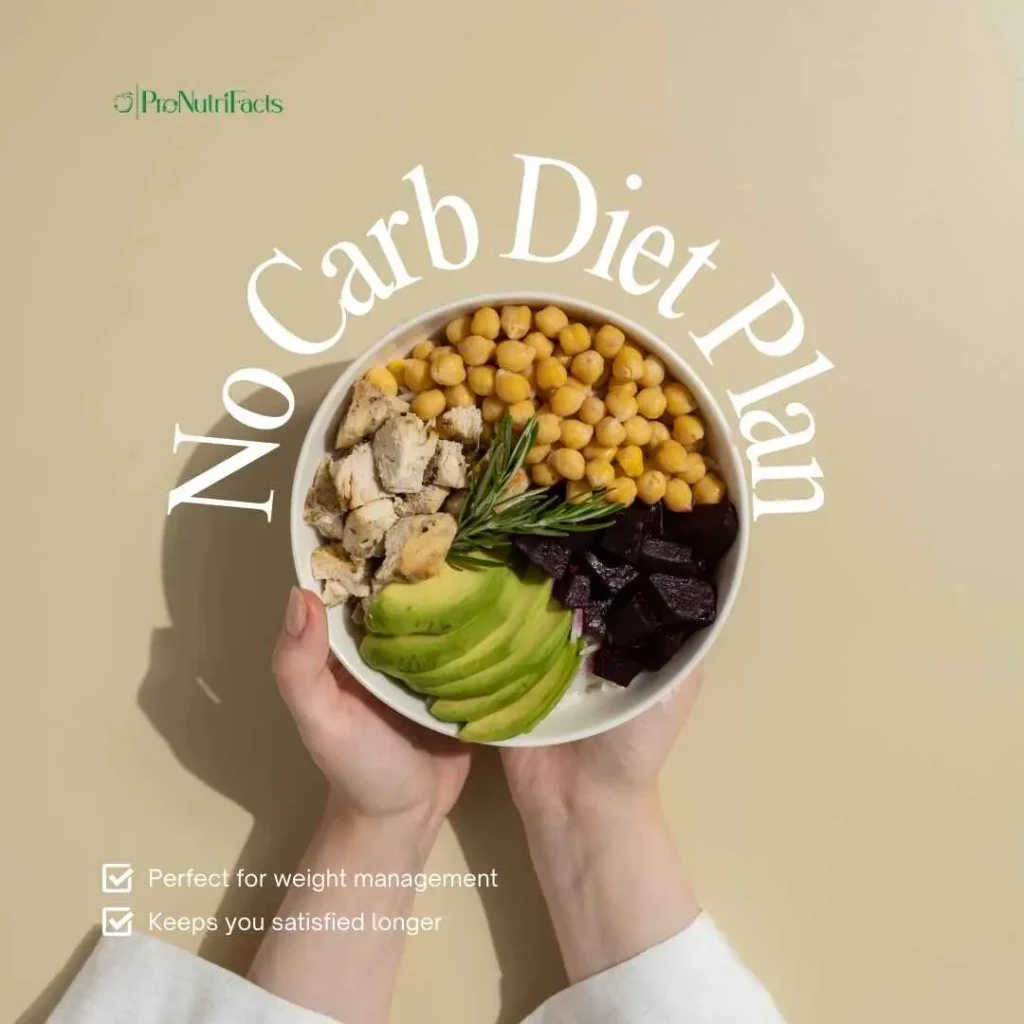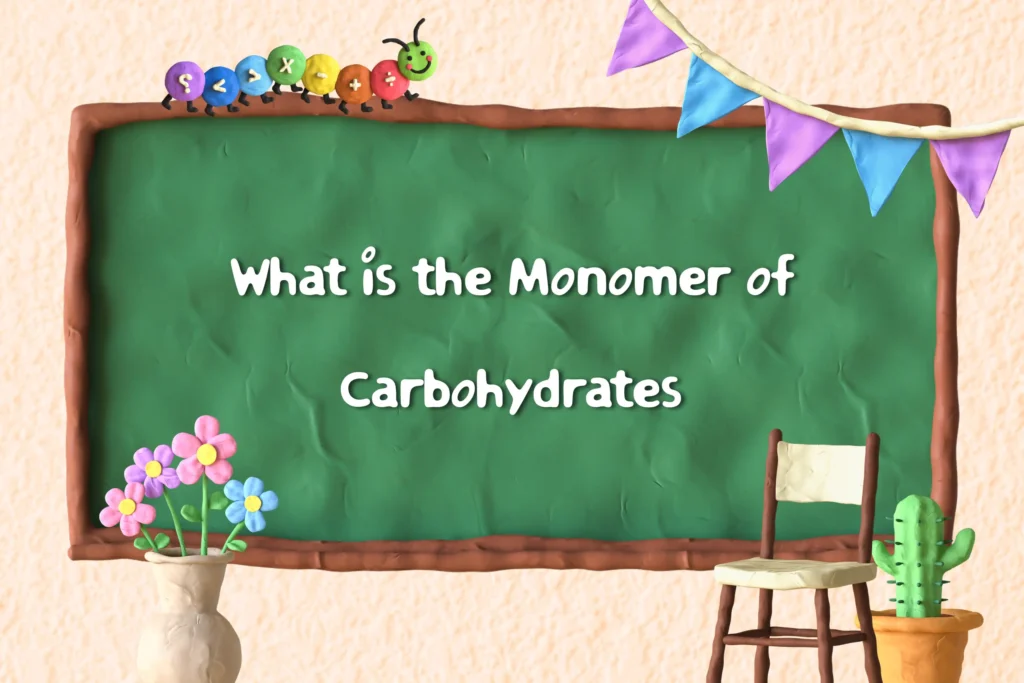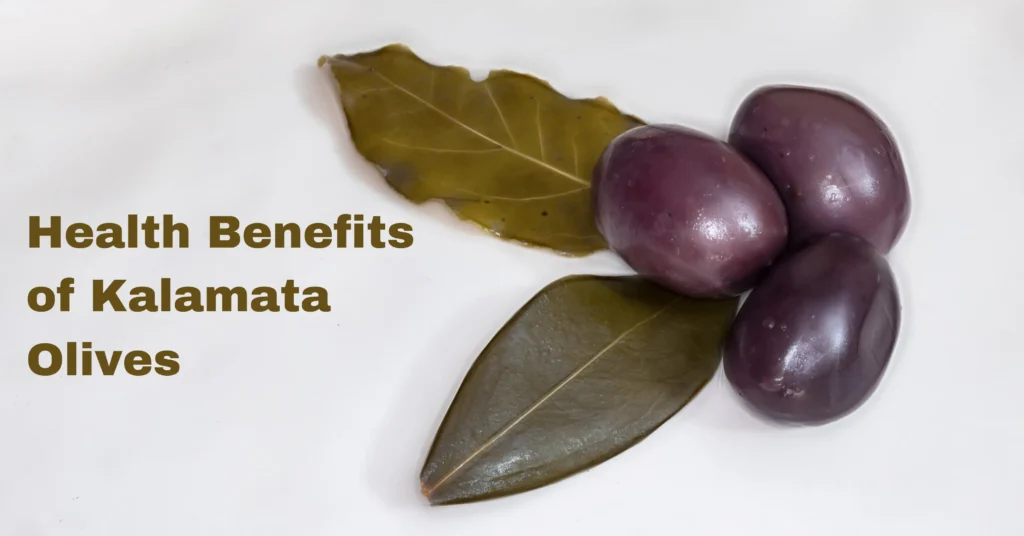A no carb diet plan is a structured way of eating where you eliminate nearly all carbohydrates from your meals. Unlike low-carb or keto diets, which still allow for a small amount of carbs or focus on increasing fats like coconut oil and olive oil, a no carb diet aims to reduce carbohydrate intake to nearly zero. This means cutting out carb-heavy foods like bread, pasta, baked goods, and starchy vegetables.
The health benefits of this plan can be significant. Many people follow a no carb diet plan for weight loss, blood sugar control, and to reduce carb cravings. By limiting your net carb intake, you can improve blood sugar levels, support fat loss, and avoid the spikes and crashes often linked to carb eating.
However, some wonder if this diet is sustainable long-term. Concerns often focus on maintaining energy levels and meeting nutrient needs. This article will give you a clear guide on how to follow a no carbs diet plan for 2 weeks or more. You will learn what foods to eat and avoid, how to create an easy no carb diet plan, the benefits and risks, and answers to common FAQs.
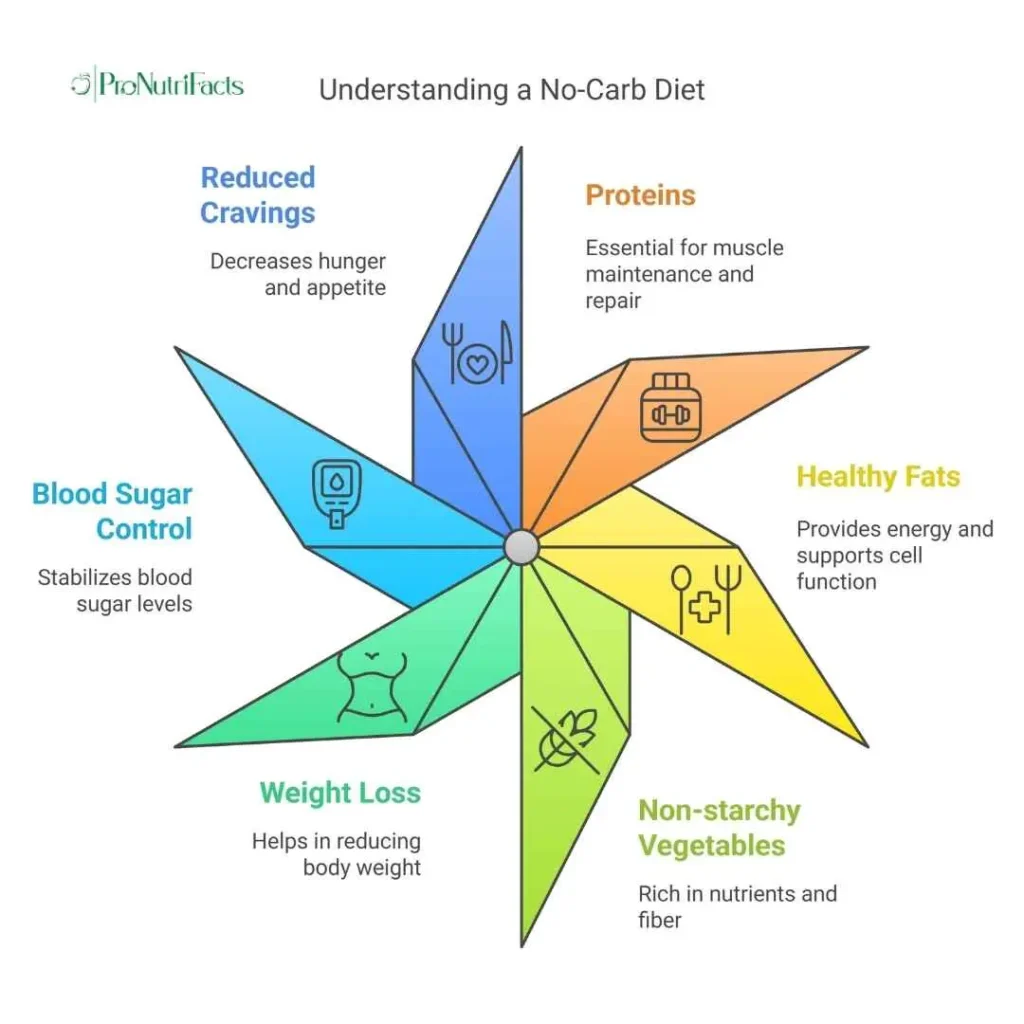
What is a No-Carbs Diet?
1. How a No-Carbs Diet Works
A no carb diet plan eliminates nearly all sources of carbohydrates from your meals. This means removing grains, sugars, fruits, starchy vegetables, and processed carb foods. Instead, it focuses on eating proteins, healthy fats like olive oil and coconut oil, and non-starchy vegetables.
Without carbs, your body switches to using fat as its main fuel source. This is similar to what happens in a keto diet, but a no carb diet plan is more restrictive. Since glucose from carbs is limited, your body breaks down fat for energy, which can help you lose weight and improve blood sugar levels.
This type of carb diet plan also reduces insulin spikes, which may lower cravings and support blood sugar control. However, cutting carbs this strictly can take time to adjust to, especially for those used to a regular carb meal plan.
2. No-Carbs vs. Keto vs. Low-Carb Diets
A no carbs diet plan typically allows 0-5 grams of carbs per day, making it the most restrictive of the three. It eliminates most carb foods, including nuts, seeds, and even some non-starchy vegetables depending on their net carb content.
A keto diet allows 20-50 grams of carbs daily and includes some fiber, low-carb vegetables, and fats like coconut oil. Low-carb diets are more flexible, with 50-150 grams of carbs per day, and may include fruits, whole grains, and legumes.
Choosing between these plans depends on your weight loss goals, health conditions, and lifestyle. A no carb diet plan for weight loss may work well for short-term results, while keto and low-carb diets may be easier to maintain long-term.
Benefits of a No-Carbs Diet
1. Fast Weight Loss
A no carb diet plan often leads to quick weight loss, especially in the beginning. Cutting carbs reduces water retention, as stored carbs hold water in the body. This fast drop in water weight can be motivating and helps kickstart your weight loss journey.
Additionally, by lowering carbohydrate intake, your body shifts into fat-burning mode. Instead of relying on glucose from carb foods, you burn stored fat, supporting long-term fat loss and improving body composition.
This is one reason why a no carb diet plan for weight loss is a popular choice. It helps people see results faster compared to other carb diets.
2. Reduced Blood Sugar and Insulin Levels
A no carbs diet plan can help stabilize blood sugar and insulin levels. For people with insulin resistance or diabetes, this is one of the key health benefits.
By eliminating most carbohydrate intake, you avoid blood sugar spikes and crashes throughout the day. Over time, this can improve blood sugar management and help reduce the risk of metabolic issues.
For many, this is a major reason to try a two week no carb diet plan to observe how it impacts glucose control.
3. Appetite Control and Fewer Cravings
Eating plenty of protein and healthy fats helps you feel full longer. Foods like meats, olive oil, and nuts seeds slow digestion and reduce hunger.
By cutting out sugar and processed carb foods, cravings for baked goods and sweets often decrease. This makes sticking to an easy no carb diet plan feel more sustainable.
The result is fewer snacking urges and more balanced meals throughout your day.
4. Mental Clarity and Stable Energy Levels
Many notice improved mental focus when following a no carb diet menu plan. Without constant carb eating, energy levels stabilize, helping reduce brain fog.
Fluctuating blood sugar levels can lead to crashes and poor concentration. A no carb diet food plan supports steady energy for clearer thinking and better productivity.
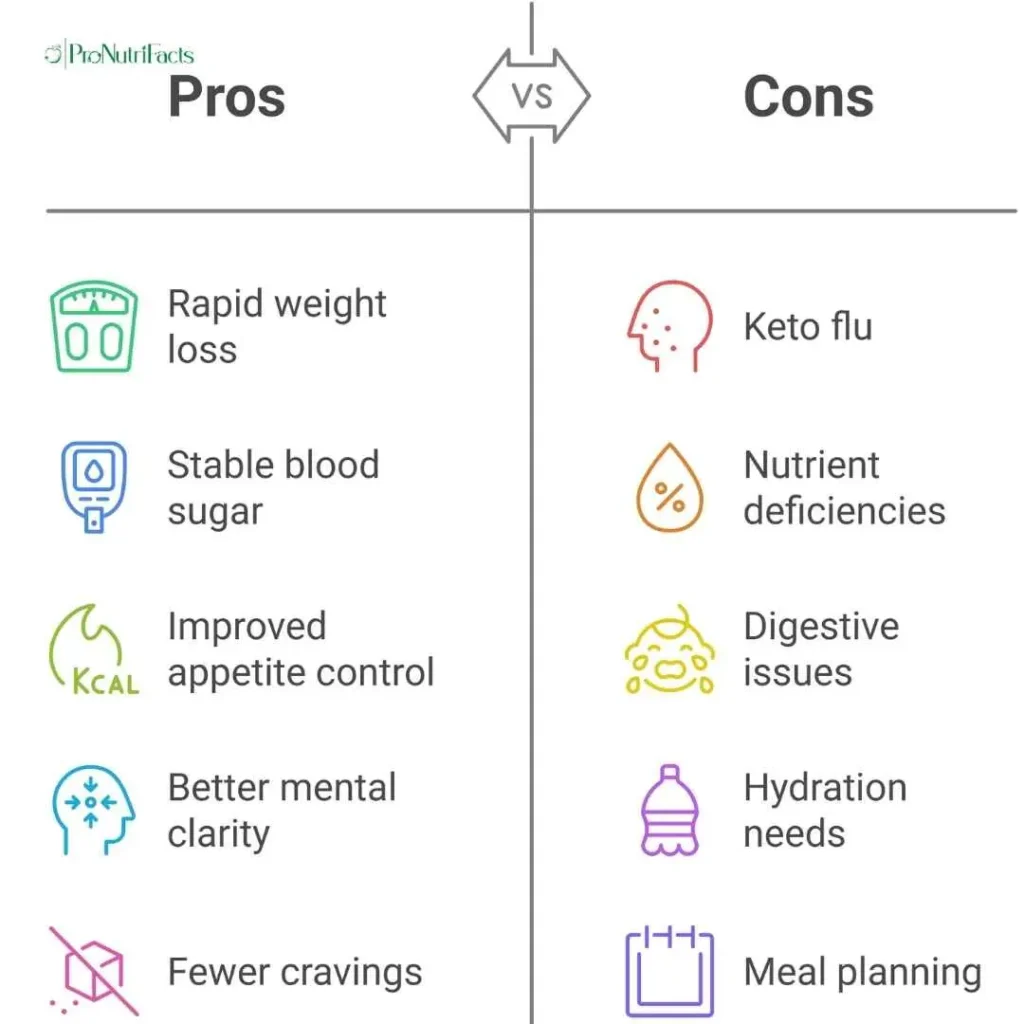
What to Eat and Avoid on a No-Carbs Diet
1. Foods to Eat (Zero or Near-Zero Carbs)
A no carb diet plan focuses on foods with little to no carbohydrate content. Proteins such as meat, poultry, fish, and eggs form the base of most meals. These help you meet your protein needs and keep you full.
Healthy fats are also key, including olive oil, coconut oil, avocados, and butter. These fats support energy levels and help create a satisfying carb meal plan.
Non-starchy vegetables like spinach, kale, and lettuce are low in carbs and provide fiber and nutrients. If tolerated, dairy options such as cheese, heavy cream, and full-fat Greek yogurt can also be included. Stick with beverages like water, tea, coffee, or bone broth to stay hydrated.
This makes it easier to follow an easy no carb diet plan with variety and balance.
2. Foods to Avoid (High in Carbs)
A no carb diet menu plan eliminates foods high in carbs. Grains such as bread, rice, pasta, and oats are not included due to their high carbohydrate intake.
Fruits like bananas, apples, oranges, and berries contain natural sugars and are avoided. Similarly, all forms of sugars—including candy, soda, honey, and artificial sweeteners—are restricted.
Starchy vegetables like potatoes, sweet potatoes, and carrots are also cut out. These foods are common in other carb diets but do not fit in a no carb diet food plan.
Legumes such as beans, lentils, and chickpeas are avoided too, as they contain both starches and sugars.
By sticking to this no carb diet plan, you help your body stay in fat-burning mode and improve blood sugar control.
No-Carbs Meal Plan for Beginners
1. Sample 1-Day No-Carbs Meal Plan
Starting a no carb diet plan is easier with a simple, structured meal outline. For breakfast, try scrambled eggs cooked in butter with crispy bacon. This combination provides healthy fats and protein to kickstart your day.
At lunch, grilled chicken topped with avocado and drizzled with olive oil dressing makes a satisfying, nutrient-rich option. These ingredients are staples in any easy no carb diet plan and support weight loss by keeping you full.
For dinner, enjoy salmon with sautéed spinach cooked in butter. Snack options include hard-boiled eggs, cheese, and macadamia nuts to keep hunger at bay. This approach works well for a two week no carb diet plan and helps reduce your overall carb intake.
2. Easy Meal Prep Tips
Meal prepping is key for sticking to no carb diet plans. Batch-cook proteins like chicken, beef, and fish to make daily meals more convenient and stress-free.
Keep high-fat snacks ready, such as cheese, boiled eggs, and nuts or seeds. These are handy when cravings strike and help you stay within your no carb diet plan for weight loss goals.
Stick with simple seasonings like salt, pepper, and herbs to enhance flavors naturally. This makes your meals enjoyable and easier to stick to over time. Following a free no carb diet plan doesn’t mean sacrificing taste—just creativity with your ingredients.
Risks and Side Effects of a No-Carbs Diet
1. Keto Flu and Transition Symptoms
When starting a no carb diet plan, some people experience the “keto flu.” This includes symptoms like fatigue, headache, nausea, and brain fog as the body adjusts to low carbohydrate intake.
To ease these effects, increase your electrolytes—sodium, potassium, and magnesium—and drink plenty of water. These steps help improve blood sugar balance and reduce discomfort during the early stages.
These transition symptoms are common with no carb diet plans, but they usually fade within a few days as your body adapts. Being prepared helps you stay on track with your no carbs diet plan for weight loss.
2. Potential Nutrient Deficiencies
Removing carb foods like fruits and grains may lower your intake of fiber, vitamins C and B, and essential minerals. This can lead to deficiencies if not managed properly.
To avoid this, include non-starchy vegetables and consider supplementing with electrolytes and vitamins. Leafy greens like spinach and kale provide fiber while fitting into an easy no carb diet plan.
Maintaining balanced nutrition is crucial for long-term success on a no carb diet menu plan. It keeps you feeling healthy and energized.
3. Digestive Issues (Constipation or Diarrhea)
Digestive discomfort like constipation or diarrhea is common when cutting out carbs. A lack of fiber and changes in gut bacteria are often to blame.
Combat this by adding fermented foods and probiotics to your carb meal plan. Leafy greens also supply fiber and help balance digestion.
Making these small adjustments can make your two week no carb diet plan more sustainable and comfortable.
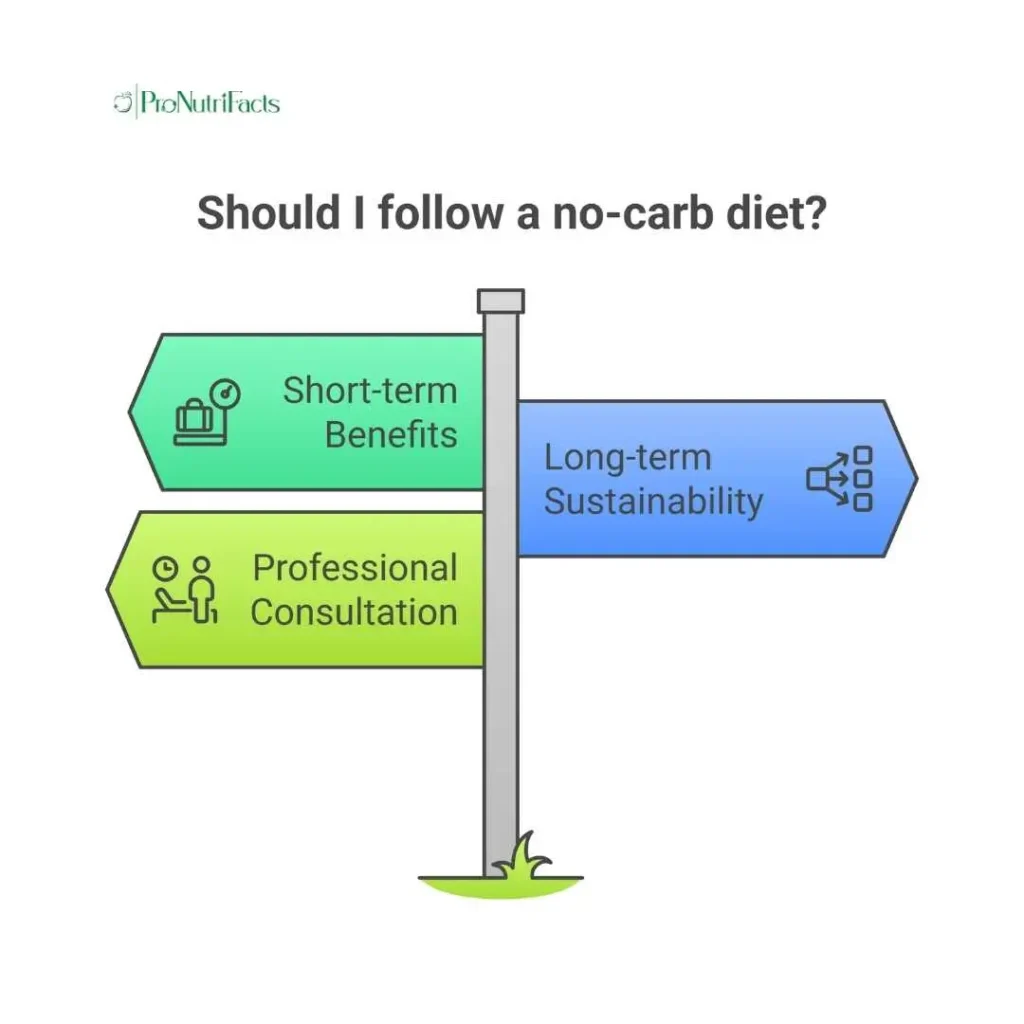
Most Frequently Asked Questions
1. Can I Eat Any Carbs on a No-Carbs Diet?
In a strict no carb diet plan, you aim for zero carbs daily. However, some people allow trace carbs from non-starchy vegetables and dairy. This makes the plan more sustainable without compromising on the health benefits.
While following easy no carb diet plans, small amounts of carbs from spinach or cheese might be acceptable. It depends on personal preference and how strict you want to be. Ultimately, your total carbohydrate intake should stay very low to stay in fat-burning mode.
2. Will I Lose Muscle on a No-Carbs Diet?
If you eat enough protein, muscle loss is unlikely on a no carbs diet plan for weight loss. Protein helps protect lean muscle, especially when paired with strength training.
Adding resistance workouts to your no carb diet food plan supports muscle retention. High fat and protein meals also aid recovery. Staying active and eating well-rounded meals will help preserve your muscle mass.
3. How Long Should I Follow a No-Carbs Diet?
Many people follow a two week no carb diet plan to kickstart weight loss. Others stay on it longer depending on their health and goals.
Cycling on and off this plan can help reduce the risk of nutrient deficiencies. Listening to your body is key when deciding the duration. Flexibility makes your carb diet plan more sustainable over time.
4. Is a No-Carbs Diet Safe for Women?
A no carb diet plan is generally safe for women. However, hormonal imbalances can occur if carb intake stays too low for too long.
If needed, you can add small amounts of healthy fats like nuts, seeds, or avocado. This helps balance hormones without returning to high-carb eating.
5. What Happens If I Eat Carbs After Being on a No-Carbs Diet?
After following no carb diet plans, reintroducing carbs may cause temporary water weight gain. This is due to water retention linked to glycogen storage.
To prevent bloating, reintroduce carb foods like starchy vegetables slowly. Gradual increases help your body adjust. Ease into it for better results and comfort.
6. Can I Drink Alcohol on a No-Carbs Diet?
Most alcoholic drinks contain carbs, especially beer, wine, and sugary cocktails. Stick to spirits like whiskey, vodka, or tequila to keep your net carb count low.
Always drink in moderation to stay aligned with your no carb diet menu plan. This allows occasional indulgence without disrupting your progress.
Final Remarks!
Cutting out all carbohydrates and focusing on proteins and healthy fats is the core of a no carb diet plan. This approach can trigger quick weight loss, improve blood sugar levels, and curb your cravings for carb-heavy foods. Still, it’s not without hurdles, like digestive issues and missing nutrients from fruits and grains.
While the health benefits of a two week no carb diet plan are promising, more studies are needed on its long-term effects. Eliminating carbs fully may not suit everyone, especially for extended periods. Still, it can be an effective short-term strategy to improve blood sugar and support weight loss.
To get started, try a free no carb diet plan for one week and track how you feel. Pay attention to your hunger levels, energy, and weight changes. And remember, always consult a healthcare provider or nutritionist before making significant changes to your diet. Explore more health tips at Pronutrifacts!
